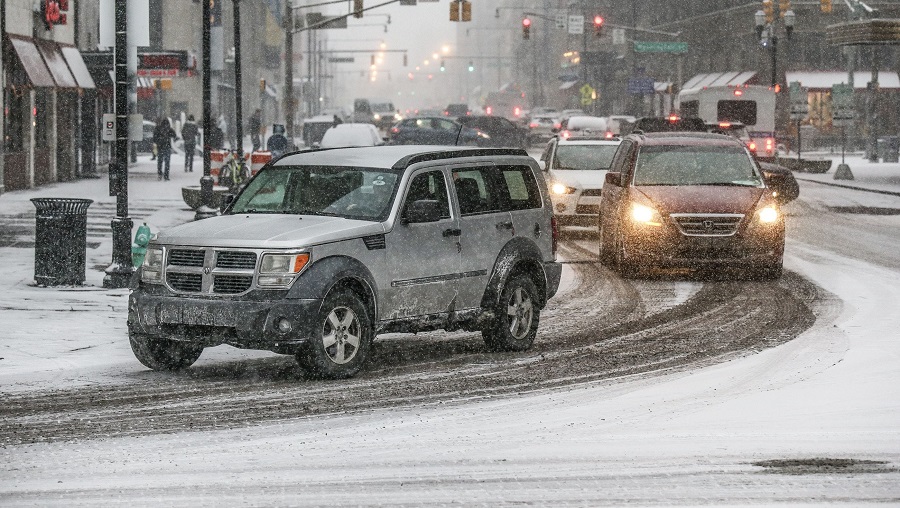Safeguard Your Car from Road Salt Damage with 5 These Tips

Winter makes roads snowy or icy. This can raise the likelihood of vehicular collisions and other road accidents. Cities and towns address this problem by adding salt to the roads.
Road salt helps melt the ice and keep the road safe for motorists. This material, however, has a huge drawback.
Salt can wreak havoc on all types of vehicles, whether you’re driving a newcar or a used or pre-owned sports utility vehicle. When salt gets wet and makes it to your exterior or undercarriage, it can bind to the metal and cause rust and corrosion. These two problems can eventually undermine the overall operation of your vehicle.
If you’re going to use your car this winter, make sure to shield it from the negative effects of road salt. Keep your vehicle protected by following these five tips:
-
Get Rid of Stuck Wet Leaves As Soon As Possible
Traveling to areas with lots of trees exposes your vehicle to various plant debris, such as damp leaves. Although this debris may appear harmless, it can do major damage to your car. Leaves can hold moisture and salt, which can ruin your vehicle.
So, don’t let them stick around on your car for too long. When you see leaves, take them out as soon as possible. Also, check for debris on the undercarriage and wheel wells – two hidden areas where leaves can become stuck.
-
Keep Your Vehicle Clean
Washing your vehicle is important, as grime and dirt from the roads can accumulate during any season. During wintertime, however, this preventive measure becomes even more necessary to prevent rust and damage. Some states in the country use salt brine in place of conventional road salt. This does more damage to your car, as salt brine spreads faster and more aggressively than your average rock salt.
So, wash your vehicle at least once a week. You could either take your auto to the nearest car wash or get the job done by yourself. If you’re going to wash your vehicle by yourself, do this chore on a sunny day. Also, make sure you have a drier with you to help prevent water from icing your car.
Pro-tip: If you’re taking your vehicle to a car wash, choose a service provider that offers an undercarriage wash option. Road salt could make its way to the underbelly of your car, so you want to have that part of your vehicle cleaned, as well.
-
Wax Your Car Often
Rinsing away the road salt is not enough. You need to wax your car to help stop salt, snow and other debris from sticking to your car. Make sure to do this frequently, as the winter weather will wear down your vehicle’s protective barrier over time.
-
Install a Paint Protection Film on Your Car Exterior
On top of waxing, you can prevent the formation of rust and safeguard the vehicle exterior by having a professional add a paint protection film. Although this is just a few millimeters thick, it’s durable effective enough to shield your car from debris and help extend the life of your vehicle. Consider applying this film on the following vehicle components:
- Car hood
- The rear and front openings of the wheel well
- Rocker panels situated on the lower sides of the vehicle
- Front bumper
-
Seal the Underbelly of Your Vehicle
The undercarriage of your car is highly prone to road salt damage. You, therefore, should take steps to protect this area of your vehicle. Apply an undercarriage seal that will deflect rock salt and stop it from sticking and accumulating under your car for extended periods.
Your car is one of the most expensive investments you’ll make in your life. Protect it all winter long by following these easy-to-do five car care tips.